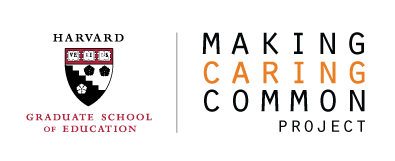There are many programs, interventions, services, and resources available that can support student well-being and the development of positive school culture and climate. Before adopting new programs or substantially changing current practices, it is helpful to review and consider school-based programs and resources that are already in place. Doing so helps ensure that services are not duplicative of each other and strategically align to support your school’s vision.
Resource mapping is a strategy for identifying and analyzing the programs, people, services, and other resources that currently exist in your school. This information can help school leaders better assess the needs of the school and to make informed decisions about where to focus change efforts.
By the end of this activity, you will have a deeper understanding of the key programs and resources related to well-being and culture that your school is already utilizing, which will give you a solid foundation for planning.
Read More



